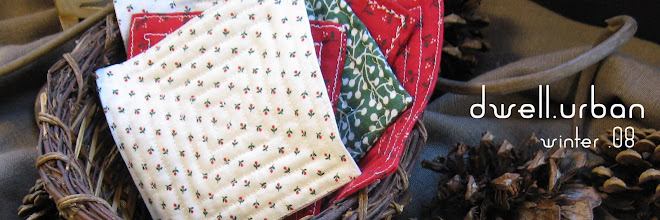In addition, there is so much being written lately about green tourism, eco-tourism, low-impact travel, etc. Some of it holds up, other claims are little more than propaganda. Our trip was not designed to be an eco trip, but we made many choices that ensured our adventure would be more conscious of the local economy and the footprint we left behind. I'm calling this approach "green and thrifty" and here is what we did:
1) Rented a flat in a working neighborhood in London. Not too expensive and the property was owned and operated by a couple who live, work, and play in the community. The rental was a large portion of the travel expenses and we can be happy to know it will stay local.
2) Bought food from local markets and farmers whenever possible to take home and prepare together. Transportation to purchase food was minimal and we brought and used our own EnviroSax from home to carry the purchases to the flat. So much joy from cooking and sharing together. We swapped nights to prepare meals, with another set doing the washing.
3) Several of the sites we visited had themselves worked to offer green or local options. For example, at Castle Howard, the boyfriend I purchased gifts and part of dinner at the Farm Shop. This shop stocks local dairy and meat supplies, even some that come from the grounds of the estate.
4) I searched through neighborhood thrift stores and second hand shops to find souvenirs and fun clothing finds rather than spending money on new items. Today I'm wearing a belt I found at an Octavia Foundation Charity Shop on Brompton Road near the Victoria and Albert Museum.

These types of charity shops, much like our Goodwill and Salvation Army, are located not in the dodgy sections of strip plazas or resigned to back streets, but rather located in some of the sharpest parts of town. In addition to good finds and the greener choice of buying second hand, the revenue from these shops supports excellent causes. The Octavia Foundation has 18 shops across west and central London. Their work includes a housing association, support for after-school programming for at-risk kids, care for the elderly, and programs in workforce development.
As a result of entering their shop, I also learned more about their patron, Octavia Hill, a 19th century social reformer who created the first housing development in central London.

I never would have stumbled across this piece of urban social history if I hadn't started out to reinvent my travel experience! Moreover, I actually came home from one of the most expensive cities in the world with money left over! My new collection of thrifted bags, books, clothes, and dish ware reminds me that we can all make choices, everyday, that change how we go about living in this crazy capitalistic world.

1 comment:
Mom and Dad came home with money left over, too, thanks to second hand bookstores and planning to spend time mainly in places that had no charge. I will say that London excels in free sights to see.
Post a Comment